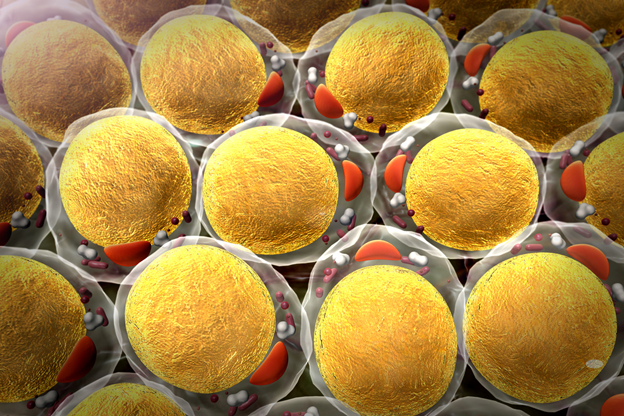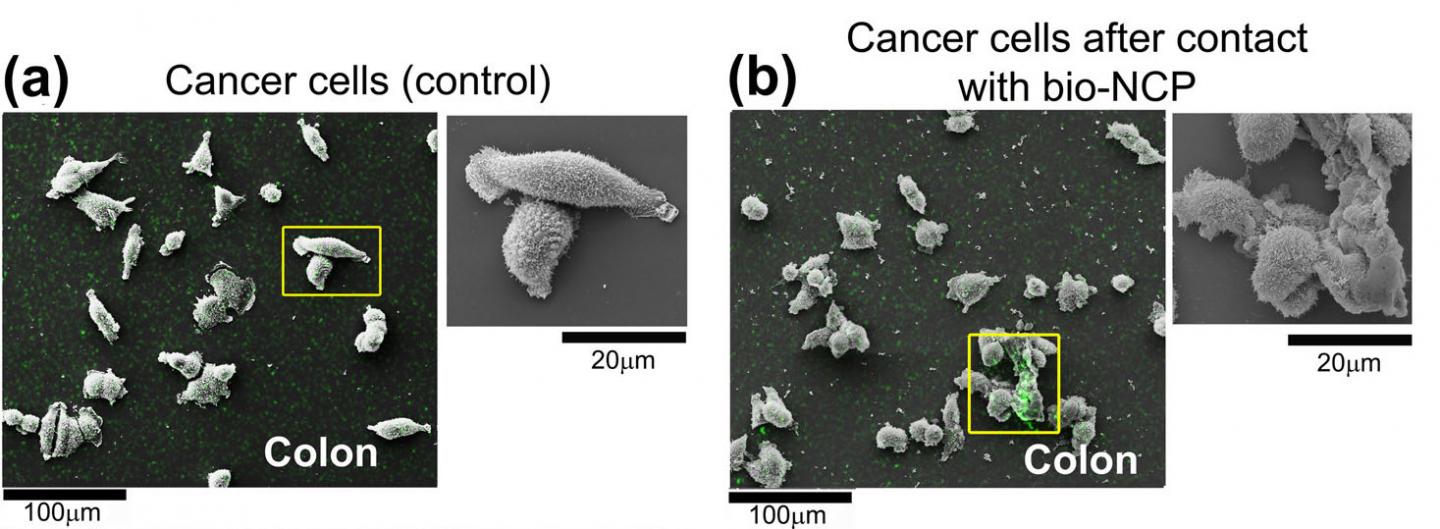
Martin Wabitsch, Lutz P”ridzun, Michael Ranke, Julia von Schnurbein, Anja Moss, Stephanie Brandt, Katja Kohlsdorf, Barbara Moepps, Michael Schaab, Jan-Bernd Funcke, Peter Gierschik, Pamela Fischer-Posovszky, Bertram Flehmig and Jürgen Kratzsch. Measurement of immunofunctional leptin to detect and monitor patients with functional leptin deficiency.European Journal of Endocrinology. 173:3, 315-322. DOI: 10.1530/EJE-16-0821.
The authors from German research centers Ulm, Leipzig and Tübingen, as well as scientists at Mediagnost report a new assay that measures Leptin binding capability to the leptin receptor. It therefore identifies individuals with bioinactive leptin due to mutations affecting receptor binding. It is thus an improvement over total immunoreactive leptin measurements to identify those with functional leptin insufficiency.
Highlight from Publication:
“The new Mediagnost bioLep assay L07 is able to detect impaired leptin bioactivity in severely obese patients with a homozygous gene defect as well as in heterozygous carriers of such mutations and is a time- and cost-effective diagnostic tool to identify these individuals and ultimately allow proper therapy to be initiated where applicable as early in life as possible.”
Functional Leptin ELISA
Functional Leptin ELISAis part our Endocrine Assay Kit Line, a line that offers a comprehensive product grouping of unique and for measuring a variety of analytes related to diabetes and obesity research.
This assay is:
- Based on immobilized soluble leptin receptor and a highly specific polyclonal antibody: allowing researchers to measure biologically active / receptor binding leptin only
- Sensitive, specific, and provides results within 4 hours

